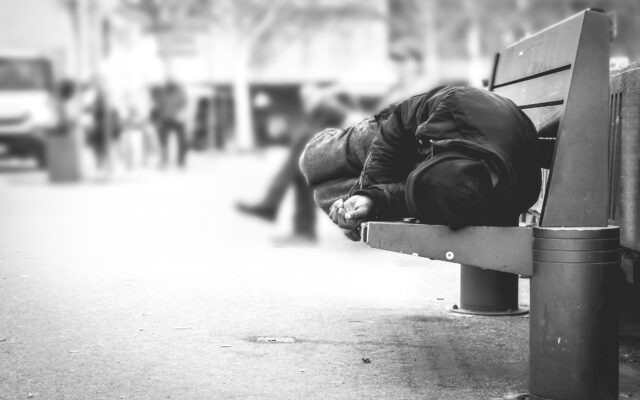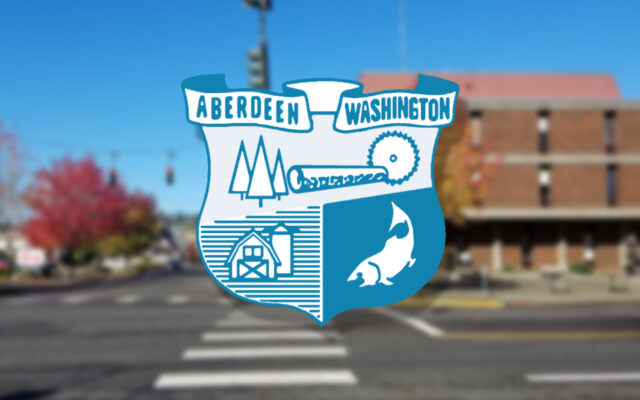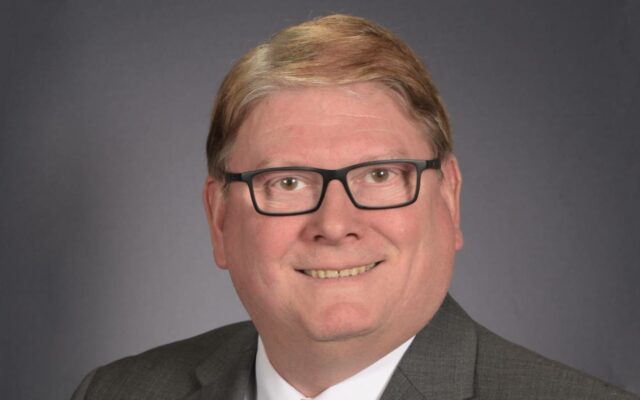Supreme Court to consider Martin v. Boise decision on homelessness

A decision by the US Supreme Court could make a change to the court decision that has hamstrung some efforts in Grays Harbor related to the unhoused population and has consistently been cited as reasoning behind limited actions on the issue.
The Associated Press reports that momentum is building in a case regarding homeless encampments that will be argued before the U.S. Supreme Court next month and could have major implications for cities as homelessness nationwide has reached record highs.
Dozens of briefs have been filed in recent days, including from the Department of Justice, members of Congress and state attorneys general. They joined the growing number of western state and local officials who have submitted briefs urging the justices to overturn a controversial lower court decision they say has prevented them from addressing homeless encampments.
In 2018, the 9th U.S. Circuit Court of Appeals — whose jurisdiction includes nine Western states — ruled it was unconstitutional to punish people who are “involuntarily homeless” for sleeping outside if there are not enough shelter beds.
The Martin v. Boise decision found that doing so would violate the cruel and unusual punishment clause of the Eighth Amendment to the U.S. Constitution.
Social justice advocates have long supported the decision based on the belief that homelessness shouldn’t be criminalized, although rights groups such as the American Civil Liberties Union have yet to file briefs in the case.
Many officials in the West, on the other hand, say the decision has prevented them from managing a surge in encampments on sidewalks, in parks, and other public places.
The U.S. experienced a dramatic 12% increase in homelessness last year to its highest reported level, a federal report found.
About 653,000 people were homeless in the January 2023 count, the most since the country began using the yearly point-in-time survey in 2007.
More than half the people experiencing homelessness in the country were in four states: California and Washington, which are both under the 9th Circuit’s jurisdiction, along with New York and Florida. About 28% of the nation’s homeless are estimated to be in California alone, according to the federal report from the Department of Housing and Urban Development.
The case before the Supreme Court was brought by Grants Pass, a small city nestled in the mountains of southern Oregon that has been barred by court orders — citing Martin v. Boise — from enforcing local ordinances that prohibit sleeping and camping in parks and on public property. In its petition, Grants Pass said it and other cities “find themselves hamstrung in responding to public encampments.”
The case has galvanized city, county and state officials from across the West, including Democrats and Republicans, and increasingly national officials.
In a brief submitted Monday in support of neither party, the Department of Justice said the 9th Circuit was correct in finding that ordinances punishing people for sleeping outside where there isn’t enough shelter space were unconstitutional, but “erred” in having the decision apply to all homeless people “without requiring a more particularized inquiry into the circumstances of the individuals to whom those ordinances may be applied.”
“The court declined to decide what showing is required to establish that an individual is involuntarily homeless. That was error,” DOJ officials, including Solicitor General Elizabeth Prelogar and Assistant Attorney General for Civil Rights Kristen Clarke, wrote in the filing.
The DOJ asked the justices to throw out the 9th Circuit decision and send it back to lower courts for review.
Also on Monday, six members of the U.S. House of Representatives — including Rep. Cliff Bentz, whose Oregon district includes Grants Pass, and five congressmen representing California — filed a brief supporting the petition. The lawmakers wrote that the 9th Circuit’s ruling “makes it practically impossible” for municipalities to combat crime that can occur near encampments.
A coalition of 24 Republican attorneys general led by Montana and Idaho also recently backed Grants Pass’ petition.
“The Ninth Circuit cannot solve homelessness, and it should not try. It is States and localities that have the local knowledge needed to address the problem, and it is States and localities that ultimately bear the costs of homelessness and of homeless policy,” they wrote.
While the ACLU has not submitted a brief, its Northern California chapter expressed concern about the case after the high court announced it would hear it in January, saying it could “reopen a definition of cruel and unusual punishment that protects Americans, housed and unhoused, from unconstitutional treatment in the criminal legal system.”
The justices are scheduled to hear oral arguments on April 22.



